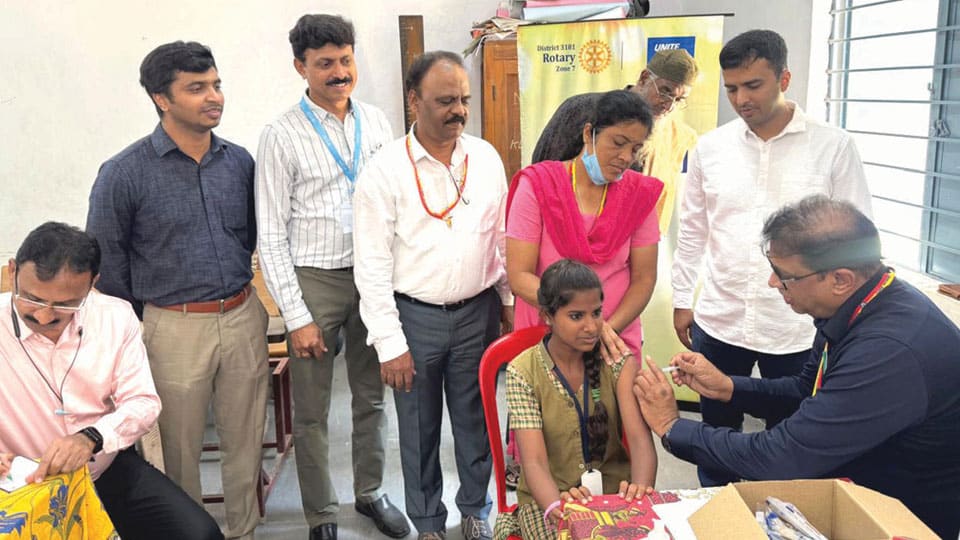Woman, Called ‘Stray Dog’ At Work, Dies By Suicide. Court Asks Boss To Pay Rs 90 Crore Compensation To Family
By News18
Copyright news18

Abuse at the workplace isn’t just toxic, it can turn deadly. A heartbreaking case from Japan has shocked the world after a 25-year-old woman died by suicide and her death was officially linked to workplace harassment. A Tokyo court has now ordered a cosmetics company and its president to pay an unprecedented 150 million yen (around Rs 90 crore) in compensation to the woman’s grieving family and the president has been forced to step down.
The case has reignited conversations about workplace culture, reminding us that toxic behavior at work can have negative consequences.
What Had Happened
The victim, identified as Satomi, worked at D-UP Corporation, a Tokyo-based cosmetics brand. She joined the company in April 2021 but her career quickly turned into a nightmare. It all started in December 2021 when was summoned for a one-on-one meeting with company president Mitsuru Sakai. During this meeting, Satomi was criticised harshly for visiting a client without prior approval.
During the meeting, Sakai’s words to the employee were humiliating. He reportedly called her a stray dog and accused her of overstepping boundaries. The next day, the harassment escalated. Satomi was told, “A weaker dog barks louder,” a remark that left her deeply humiliated.
Mental Health Struggles
The verbal abuse took a severe toll on Satomi’s mental health. In January 2022, she was diagnosed with depression and took a leave for healing. However, her condition worsened over time, and by August 2022, she attempted suicide. The attempt left her in a coma and after more than a year of battling for her life, she passed away in October 2023.
The Legal Battle
Satomi’s parents had begun their fight for justice before she died. In July 2023, they filed a case against D-UP Corporation and Sakai, accusing them of harassment of their daughter. In May 2024, labour inspectors confirmed a clear link between Sakai’s actions and their impact on Satomi’s mental health and how it led to her eventual death. After the investigation, inspectors categorised the tragedy as a work-related accident.
Court’s Ruling
On September 9, the Tokyo District Court delivered a landmark verdict. Not only D-UP Corporation and Sakai were found responsible for Satomi’s death but the company was also asked to pay 150 million yen (Rs 90 crore) in damages. Furthermore, it asked Sakai to resign from his post immediately.
Following the verdict, Sakai stepped down and the company issued a public apology. “We apologise to our former employee who passed away and to her family. We will work to review and improve our internal systems and workplace environment,” the statement read.
The tragic case has become a wake-up call not just for Japan but for workplaces worldwide.



